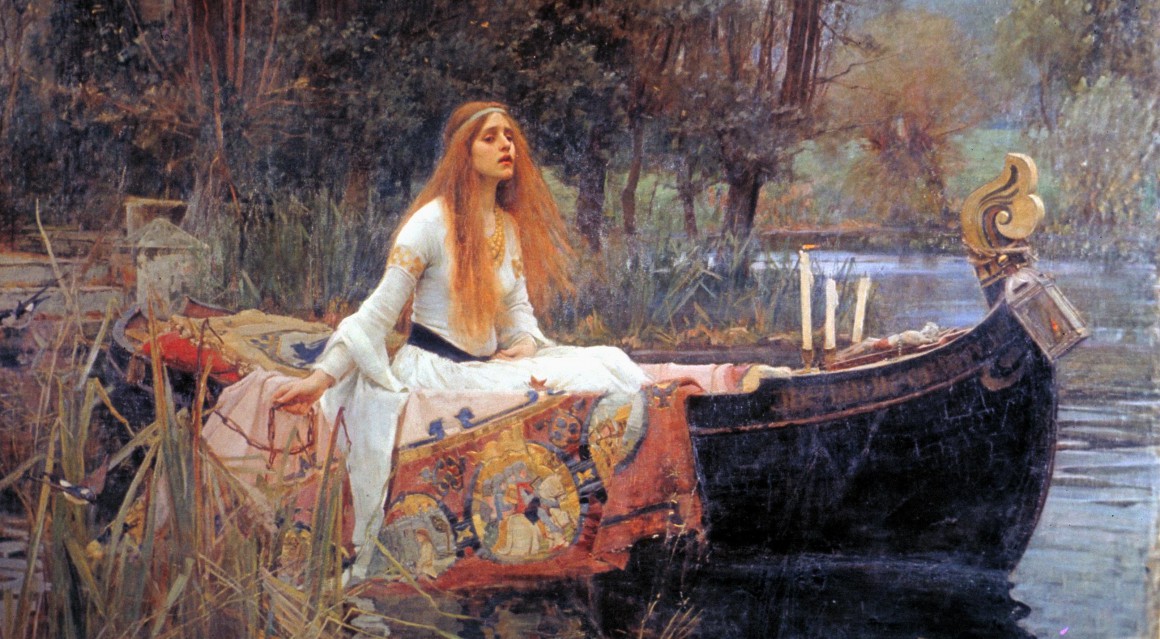Anne Of The Thousand Days dominated the Academy Awards nominations of 1970; it was indisputably a success despite some critics’ misgivings. However, the focus was on one performance in particular… Genevieve Bujold’s impassioned portrayal as Anne Boleyn, second wife of Henry VIII and mother of the future Queen Elizabeth II, was the talking point of all who had seen the movie. In my opinion, all anybody has to do is watch her vicious, bitter yet triumphant face-off with her husband in the dying minutes of the film and they will immediately rank it as one of the finest speeches in film. “My Elizabeth shall be Queen!” she rages. “Get yourself a son on that sweet pale girl if you can [a reference to her successor, Jane Seymour] and hope that it will live… but Elizabeth shall rule a greater England than you could ever have built…and my blood will have been well spent!” Historically inaccurate it may be and uncharacteristically feminist for a 16th century-based drama, yet it makes for compelling viewing. Bujold’s character faces her death defiant and refusing to submit to the patriarchal figures who have orchestrated her downfall, her own husband amongst them.
I will return again to a point I made- the speech is unabashedly feminist, and ahead of its time. It was over the course of the 1960s that the women’s movement was on the rise, and the concept of feminist film studies was born (Neal, 856). Molly Huskell’s From Reverence To Rape was a revolutionary text written during the period that tackled the budding subject of feminist film theory; it is now seen as one of its key texts. It examined the role women played in film and was heavily critical of confining actresses to conservative, passive roles. Huskell declared herself “a film critic first, a feminist second”, asserting that she was treating acting as an individual body, not political. However, she insisted that degrading a female point of view was a deficiency that needed to be dealt with (Huskell, ix). In light of growing support for feminist film theory, it is perhaps no small coincidence that the writers elected to bestow their heroine with such an evocative piece of dialogue.
It is also of interest to note that one of the writers of the screenplay was a woman; Bridget Boland, an Irish-English writer was teamed with John Hale and Richard Sokolove. An Oxford graduate, Boland came with an experienced back catalogue; in 1956 she had adapted the screenplay for another Academy Award nominated film, Tolstoy’s War And Peace, which starred Audrey Hepburn in what was to be one of the acclaimed actress’s breakthrough roles. While little is written about Boland’s part in the making of the film, a rather telling interview from 1987 gives a hint about where her loyalties lay in terms of her writing’s subject matter, “I am bored by domestic problems, and am allergic to domestic settings…I succeed best with heavy drama” (Berney, 82). Watching Bujold’s fiery and irrepressible depiction of Anne and her blunt, unforgiving mannerisms, viewers would agree heartily.
Bujold’s captivating performance earned her a Golden Globe and an Oscar nomination; reviews raved about the power with which she had orchestrated her depiction of one of the most famous women in history, with the New York Times singling her out as giving the “best, most complex performance of the film” (Erickson). Yet it was the speech at the end that remains the most memorable; a slip of a girl, uncaring about her impending demise but stubbornly determined to have the final say. Feminist intended or not, that is the impression it leaves, and the image it imparts on the audience. And in my opinion, an incredibly uplifting one.
WORKS CITED
Contemporary British Dramatists Edition 1. K.A. Berney (Ed). Michigan: St. James Press, 1994.
Routledge International Encyclopaedia Of Women: Global Women’s Issues And Knowledge. Cheris Kramarae and Dale Spender (Eds). Oxon: Routledge, 2000.
Erickson Hal. Anne Of The Thousand Days Review. NewYork Times, 21st January, 1970. <http://www.nytimes.com/movies/movie/2542>
Huskell Molly. From Reverence To Rape: The Treatment Of Women In The Movies, Second Edition. New York: Holt Rinehart And Winston Inc, 1974.
Anne Of The Thousand Days (Images)<http://images2.fanpop.com/image/photos/12200000>
Anne Of The Thousand Days (Images) <http://www.imdb.com/title/tt0064030/>





